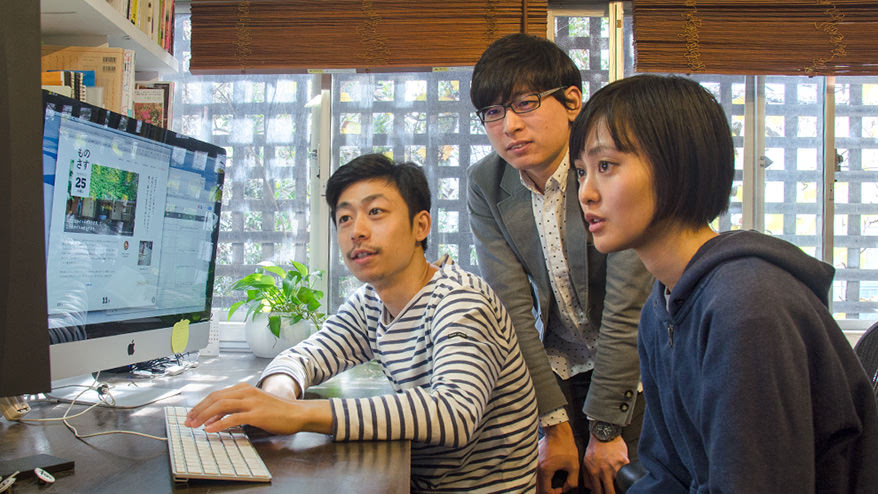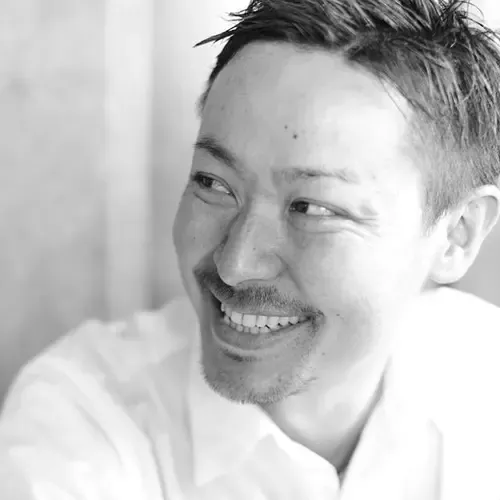私が所属している運用チームでは「Webマスター代行サービス」という名のサービスを展開しています。
改めてサービス名を見ると、サービス紹介ページを見に来てくれた人たちが「実際には何をやっているの?」と考えてしまうような、サービスの中身が見えない部分があるなと思いましたので、今回は私たちの「しごと」の内容とその「役割」を自分自身の整理も兼ねて書いてみようと思います。
Webサイトは作って終わりではない。
これは数年前に代表の林から投げかけられた言葉です。当時「はっ」とさせられ、今でもときどき、自分自身に問いかけています。
これは、Webサイトを作り「公開」することがクライアントの最終目的ではなく、サイトを運用しながら、やりたいことや、伝えたいことを伝えることができて初めて達成されるということです。また、それは長期的に続きます。
つまり、
「Webサイトは、作って終わりではなく、その後の運用フェーズこそ大切」
ということです。
とてもシンプルなことで、考えれば誰にでもわかることなのですが、新規のサイト制作案件などに携わった際にはつい見失いがちになり、制作側のゴール設定が「Webサイトを公開」することになってしまうことがあります。
あくまでそれは、制作者側のゴールであり、お客様からすると「始まり」でしかありません。ここからWebサイト制作の目的を達成するための「運用」が長期的に始まります。
実際に、コンテンツ内容やデザインが素晴らしいWebサイトが制作できたとしても、運用フェーズに入ってからサイトの更新方法が難しい、時間がかかるなど、本来の目的を達成する前の段階で障害が発生し、本末転倒となることがあります。
もちろん「Webサイトを期日までに公開」することはとても大切なことですが、私たちは公開後の運用フェーズも見据えて仕様設計をおこない、Webサイトを作らなければいけないと考えています。
「Webマスター代行サービス」とは?役割は?
前説が長くなってしまいましたが、私たちはお客様の目的達成のため、運用フェーズにおけるWeb全般のサポートを行っています。

対応範囲としては、コンテンツの立案からワイヤーフレーム(構成案)、デザイン、コーディング、Webサイト解析/改善提案、メルマガ配信、SNSへの投稿・・・など、幅広いです。
担当をしている数十社以上のサイトの中で、同じことをしている案件は1つもありません。
サイトごとに対応範囲が異なるということは、Webサイトの目的が1つ1つ異なるということです。
担当者様ごとに悩みも異なります。単純に人員的なリソースがなく困っていたり、コンテンツ案はあるが、それをWebサイトに落とし込むデザイナー、コーダーがいなかったり、目的に対してコンテンツ案を決めるプランナーがいなかったり、そもそもWebサイトをどうすればいいかわからない ・・・など。
そのため、運用案件のご相談をいただいた時には、担当者様がいま何に悩んでいて、何に困っているのかを同じ目線で見るように心がけています。
案件スタート後も、発注先、受注元の関係ではなく、同じチームのWebサイトの担当者として、同じ目線で同じ目的を持ち、時には一緒に悩み、一つ一つの課題をクリアしていくことが、私たちの役割ではないかと考えています。
役割というと、大げさに聞こえるかもしれませんが、私自身がそうありたいと思っており、またチームのメンバーの仕事に対するスタンスもそうあってほしいと考えています。
また、長く担当をさせていただいているお客様のWebサイトについては、お客様以上にWebサイトのことを熟知し、「そろそろ毎年恒例の○○の時期ですね。△△の準備を始めますね」と、こちらから一歩踏み込んだ動き出しをすることが運用の理想形なのかなと考えています。

私自身が感じる運用業務の良さは、長いスパンで同じサイトを見続けたからこそ「できる」
ことがたくさんあることだと思います。
また、担当するWebサイトに対する「エンドユーザの反応」や、「喜びの声」「感謝の言葉」を聞かせていただいた時に、私自身のやりがいにもなり、「次もやってやるぞ!」というモチベーションに繋がっています。
シンプルに言うと「やったことに対する反応をダイレクトに感じ取れる」ということです。

最後に、
運用において、「やりたいこと」「やれていないこと」は
まだまだ、たくさんあります。
今後も引き続き、「運用と言ったらモノサス」と言われるような運用チームを、みんなで築き上げていきたいです。

